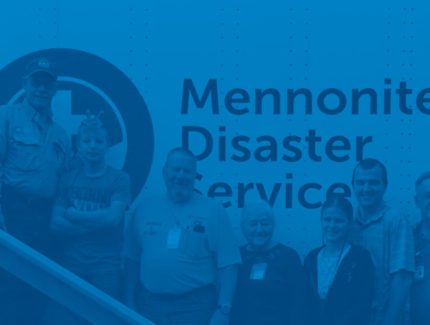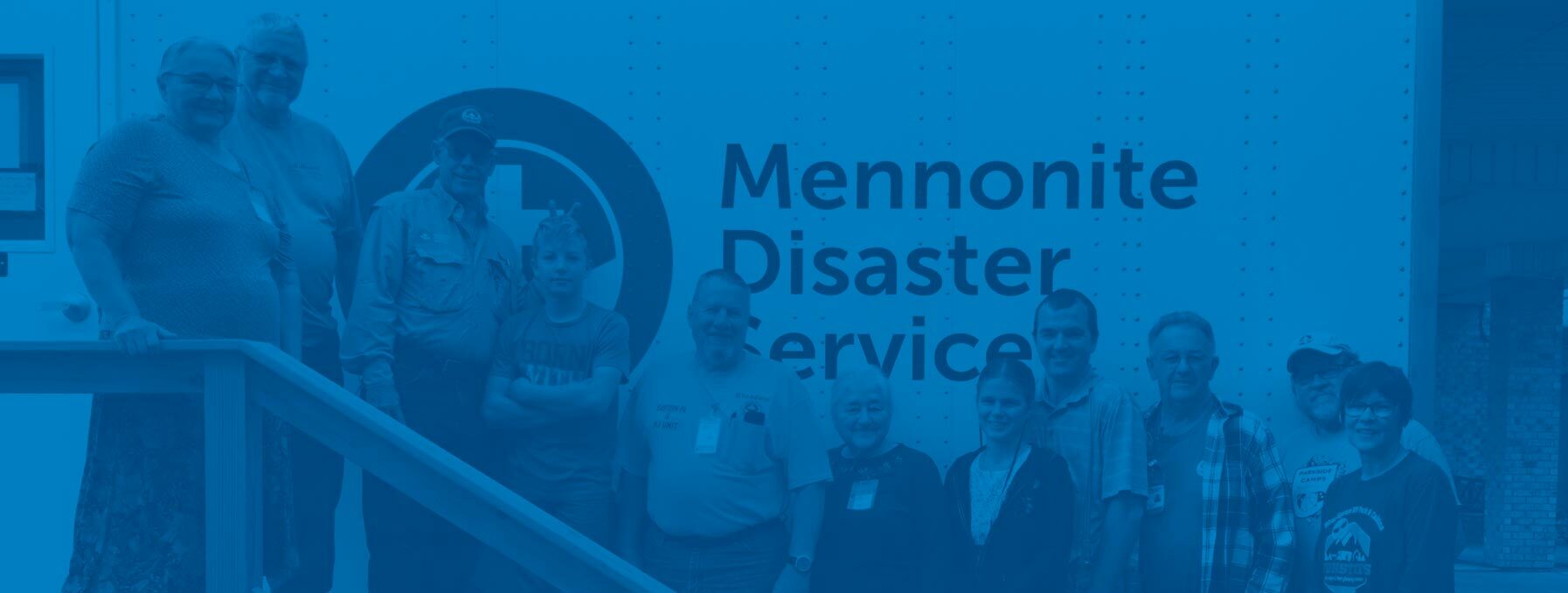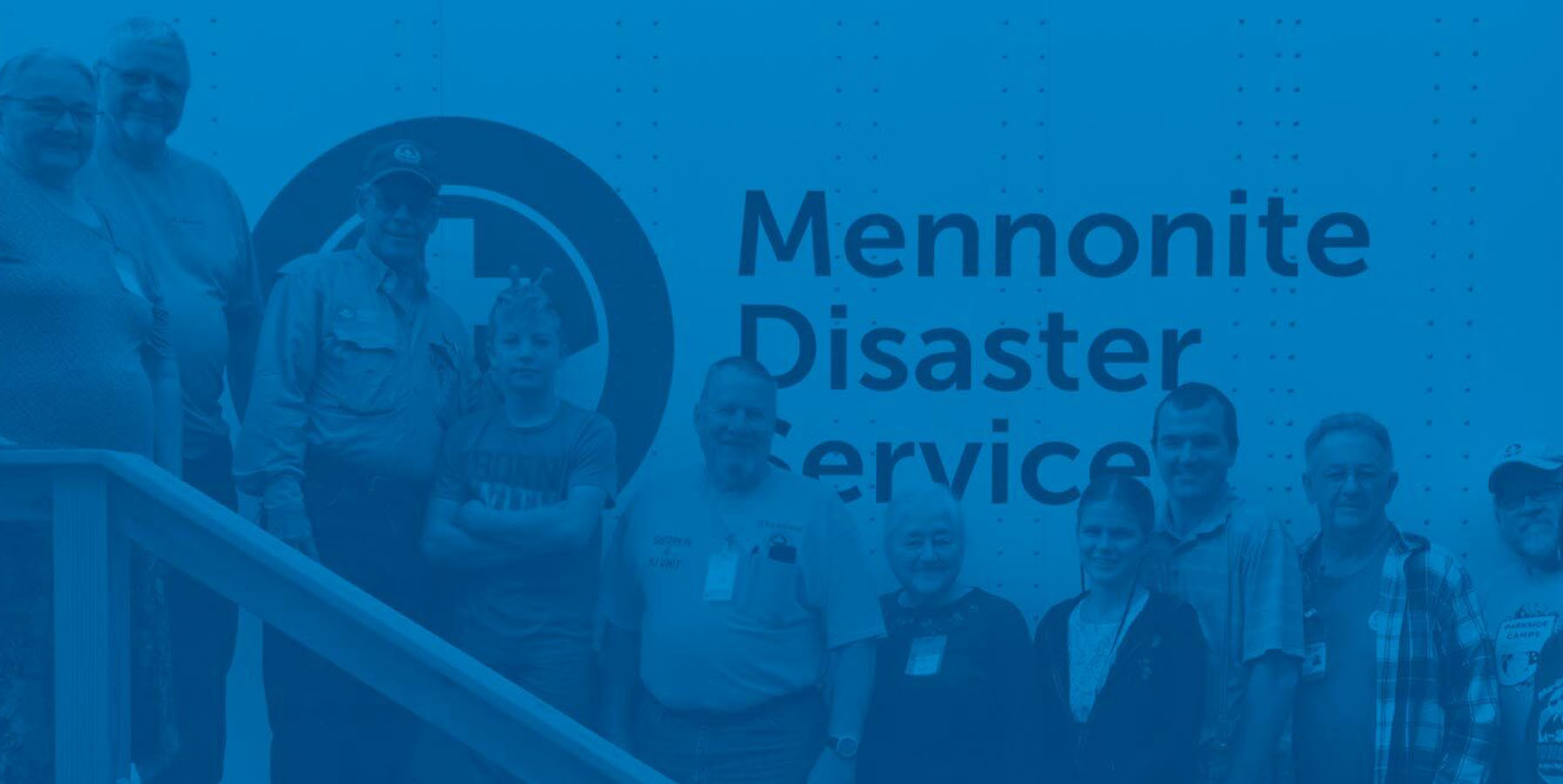


February 19, 2022
McAllen, TX – Feb 19, 2022
What’s In a Name
When I started second grade, we had moved and I was in a new school. On the first day, the new teacher mispronounced my first name, Carlyle. Once those giggles were past, she asked about my middle name. I have none, so I was speechless. She asked “What does your family call you besides Carlyle?” I responded, “uh… Bubby.” She laughed, my cheeks and neck turned red, and I never mentioned that nickname again.
In January 1948 Woody Guthrie wrote a song, “Deportee, ” after he read the NY Times article about a plane crash in California. This was during the federal Bracero – Agricultural Worker Program when Mexican nationals would be contracted for agricultural work for set periods of time. The program specified the wages and work conditions US employers were supposed to provide the workers, but few landowners abided by those rules. He noted the Times article identified the federal agents who died, by their names, ages, birth places and remaining family. The 28 workers were only referred to as Mexican nationals slated for deportation.
The crops are all in and the peaches are rotting.
The oranges are piled in their creosote dumps
They’re flying ’em back to the Mexico border
To save all their money, then to wade back again
The sky plane caught fire over Los Gatos Canyon
The great ball of fire it shook all our hills
Who are these dear friends all falling like dry leaves?
Radio said, “They are just deportees”
Goodbye to my Juan, farewell Roselita
Adios mis amigos, Jesus y Maria
You won’t have a name when you ride the big airplane
All they will call you will be deportees
Through the decades, several efforts have tried to improve immigration processes across the southern border. For much of the time, there was a free flow of traffic on the bridges over the Rio Grande River. People crossed freely without documents for work and shopping. Many settled in the unsanctioned neighborhoods, colonias, that formed in the Rio Grande Valley. Today, about 50% of the colonias’ residents are US citizens, but local governments have failed to ensure these neighborhoods had paved streets, storm drainage, and reliable septic, water, or electric service. As the years have passed, the floods and occasional hurricanes have taken their toll.
It is in these areas that MDS is working. The two groups of volunteers from Ohio and Pennsylvania comprised overall the most skilled, capable set of weekly workers we’ve had this year. There was no task for which we did not have a skilled volunteer. The daily jobs board was filled with names and crew trucks were loaded with tools, lunch coolers and motivated workers, each with an MDS name tag. By using the names of each volunteer, MDS acknowledges their donations of time, talents and tenacity needed to get the jobs done each week.
We started our sixth and final new house for this year. The crew took advantage of the best weather of our 2022 building season and made great progress. On the leveled, bare ground, the blocks for the foundation were set. On the blocks, the floor beams and joists were placed and the sub-floor was glued and nailed. On the sub-floor, the walls and trusses were assembled, then lifted and secured in place. The outside of the walls were sheathed and wrapped with the woven moisture barrier. By the end of Friday, sheathing, underlayment and shingles were on the roof trusses, plus windows and the entry door were installed. This made the house “dried-in” after only 5 days of work. Our client, Ms. Deysi, and all the neighbors were amazed and pleased.
Jason’s crew at house #3 all but finished that new home on Monday. The HVAC installation was completed by the contractor on Thursday. All that remains is the electric service installation and the house is ready to move in. Sr. Benito was cutting weeds on Friday, making the yard more welcoming for the dedication planned for Tuesday of next week.
On Tuesday, Jason led his crew to another job. The roof on Sra. Maria’s house had been damaged by Hurricane Hannah in 2020, but the temporary tarp was long gone. The house took on about 1 foot of flood water during the 2018 and 2019 rains, so the interior was in poor condition. MDS may do more work later, but committed at this time to stopping the rain from coming into the house. The crew did a great job of stripping shingles and roofing felt on Tuesday, plus replacing some damaged sections of sheathing. They also got the new synthetic underlayment in place. Then, by 2 p.m. on Thursday, new shingles and attic vents were installed, and the boots around plumbing vents had been replaced and sealed. Sra. Maria showed her gratitude by bringing several large pizzas on Thursday to augment the lunches the crew had packed. That crew was on a roll, so for the final hours of Thursday and all day Friday, they worked on another house, framing the interior walls and began framing the hip-roof structure on a set of stucco-covered block walls in the same colonia.
House #4 made great progress with the taping and mudding of the interior ceilings and walls being completed and ready to be primed. The permanent set of stairs from the front porch were completed. On Saturday, Sra. Maura entered the house for the first time since the work began. Sr. Rafael had been in several times to check on progress. With her failing eyes, Sra. Maura said she’s heard the diligent work of the volunteers, and even though she cannot see the details, she knows in her heart that the work is good and thanks God for that blessing.
House #5 was also the site of good progress. The bright orange paint completed on the exterior siding makes this house very visible amid the browns and grays of the Rio Grande Valley winter. Hanging of drywall on the interior was completed and the painting crew moved inside. By the end of the day Friday, most of the seams had been nicely taped and were ready for second and third coats of drywall mud. Sr. Isiais had been invited to help whenever he could, but hesitated because he did not want to disrupt the MDS volunteers from the good job they were doing.
Due to language barriers and Covid concerns, our crews and the clients cannot freely exchange names and information as was often the case on MDS projects. Despite that limitation, we pray that the names of our clients become associated with hope for the whole neighborhood. Sra. Maura said during our Saturday visit, she shared that hope and expected to welcome many people into the little house. Listening to that small, almost blind grandmother, I am convinced it will come to pass.
From the MDS McAllen project in the Rio Grande Valley of Texas.
Marilyn, Dorothy, Don, Jonah, Jay, Jason, Keith, Reuben, Bob, and Carl
